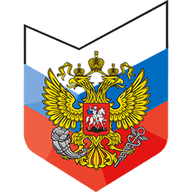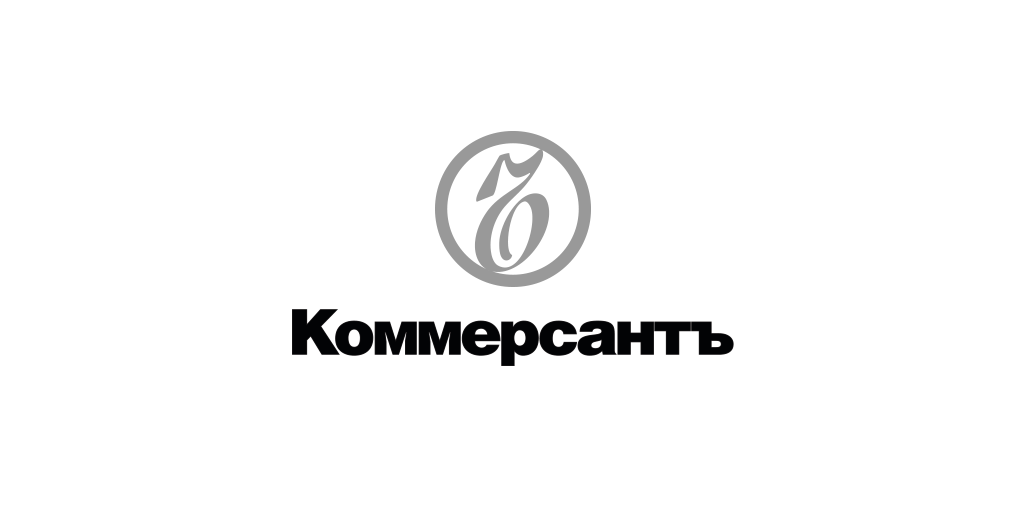The Shift in Russian Science and Technology: A New Era of Independence
September 1, 2024, 6:18 am
In a world where knowledge is power, Russia is redefining its academic and technological landscape. The Ministry of Education and Science has unveiled a "white list" of scientific journals. This list aims to guide the evaluation of Russian scholars' publication activities. It comes as a response to the loss of access to major international databases like Scopus and Web of Science. The new approach is a bold step toward self-reliance.
The "white list" replaces the previously revered international databases. It includes journals indexed in the Russian Science Citation Index (RSCI) and some foreign publications. The goal is clear: to encourage domestic research and publication. The Ministry believes this will bolster the visibility of Russian science on the global stage.
As of now, the list comprises over 29,000 publications, with around 1,000 in Russian. This shift is not just bureaucratic; it is a strategic maneuver. The government aims to stimulate authors to publish in domestic journals. The ranking system for these journals is based on citation levels, creating a competitive environment. The first two tiers could see over 350 Russian journals recognized.
This initiative is part of a broader trend. The Russian government is distancing itself from Western academic metrics. The "white list" will influence grant applications for studying abroad and accessing scientific resources. It marks a significant pivot in how Russian academia operates.
Meanwhile, the Ministry of Finance is pushing for a complete ban on foreign software and microchips in government procurement. This proposal, published recently, aims to restrict purchases to domestic products. The intention is to support local manufacturers and reduce dependency on foreign technology. The list of restricted items includes over 400 categories, but exceptions exist. If no Russian equivalent is available, foreign products may still be procured.
This move is part of a larger narrative of technological sovereignty. The Russian government is keen on fostering a self-sufficient tech ecosystem. The Ministry of Finance argues that these measures will benefit sectors like energy and utilities. However, the reality is more complex. Many industries still rely on foreign software, especially giants like SAP and Oracle. Transitioning to domestic alternatives poses challenges.
Experts acknowledge the growing availability of Russian software solutions. Yet, the fear of sudden disruptions looms large. The risk of foreign software being remotely disabled is a real concern. Companies must tread carefully as they navigate this new landscape.
The dual initiatives from the Ministry of Education and the Ministry of Finance reflect a significant shift in Russian policy. They signify a move toward independence in both academia and technology. The "white list" and the procurement ban are not just administrative changes; they are a declaration of intent. Russia is charting its own course, seeking to build a robust domestic framework.
However, this path is fraught with challenges. The quality of domestic journals and software must meet international standards. Without rigorous peer review and robust functionality, the efforts may fall short. The success of these initiatives hinges on the ability to produce high-quality research and technology.
Moreover, the global academic community is watching closely. The implications of these changes extend beyond Russia's borders. As the country seeks to redefine its scientific and technological identity, it risks isolation. Collaboration with international peers is crucial for innovation. The balance between independence and engagement will be delicate.
In conclusion, Russia is at a crossroads. The introduction of the "white list" and the ban on foreign technology signify a bold new direction. These measures aim to foster a self-sufficient academic and technological environment. Yet, the journey ahead is complex. The success of these initiatives will depend on the quality of domestic outputs and the ability to maintain international connections. The world is changing, and Russia is determined to adapt. The future of Russian science and technology is unfolding, and it promises to be both challenging and transformative.
The "white list" replaces the previously revered international databases. It includes journals indexed in the Russian Science Citation Index (RSCI) and some foreign publications. The goal is clear: to encourage domestic research and publication. The Ministry believes this will bolster the visibility of Russian science on the global stage.
As of now, the list comprises over 29,000 publications, with around 1,000 in Russian. This shift is not just bureaucratic; it is a strategic maneuver. The government aims to stimulate authors to publish in domestic journals. The ranking system for these journals is based on citation levels, creating a competitive environment. The first two tiers could see over 350 Russian journals recognized.
This initiative is part of a broader trend. The Russian government is distancing itself from Western academic metrics. The "white list" will influence grant applications for studying abroad and accessing scientific resources. It marks a significant pivot in how Russian academia operates.
Meanwhile, the Ministry of Finance is pushing for a complete ban on foreign software and microchips in government procurement. This proposal, published recently, aims to restrict purchases to domestic products. The intention is to support local manufacturers and reduce dependency on foreign technology. The list of restricted items includes over 400 categories, but exceptions exist. If no Russian equivalent is available, foreign products may still be procured.
This move is part of a larger narrative of technological sovereignty. The Russian government is keen on fostering a self-sufficient tech ecosystem. The Ministry of Finance argues that these measures will benefit sectors like energy and utilities. However, the reality is more complex. Many industries still rely on foreign software, especially giants like SAP and Oracle. Transitioning to domestic alternatives poses challenges.
Experts acknowledge the growing availability of Russian software solutions. Yet, the fear of sudden disruptions looms large. The risk of foreign software being remotely disabled is a real concern. Companies must tread carefully as they navigate this new landscape.
The dual initiatives from the Ministry of Education and the Ministry of Finance reflect a significant shift in Russian policy. They signify a move toward independence in both academia and technology. The "white list" and the procurement ban are not just administrative changes; they are a declaration of intent. Russia is charting its own course, seeking to build a robust domestic framework.
However, this path is fraught with challenges. The quality of domestic journals and software must meet international standards. Without rigorous peer review and robust functionality, the efforts may fall short. The success of these initiatives hinges on the ability to produce high-quality research and technology.
Moreover, the global academic community is watching closely. The implications of these changes extend beyond Russia's borders. As the country seeks to redefine its scientific and technological identity, it risks isolation. Collaboration with international peers is crucial for innovation. The balance between independence and engagement will be delicate.
In conclusion, Russia is at a crossroads. The introduction of the "white list" and the ban on foreign technology signify a bold new direction. These measures aim to foster a self-sufficient academic and technological environment. Yet, the journey ahead is complex. The success of these initiatives will depend on the quality of domestic outputs and the ability to maintain international connections. The world is changing, and Russia is determined to adapt. The future of Russian science and technology is unfolding, and it promises to be both challenging and transformative.

